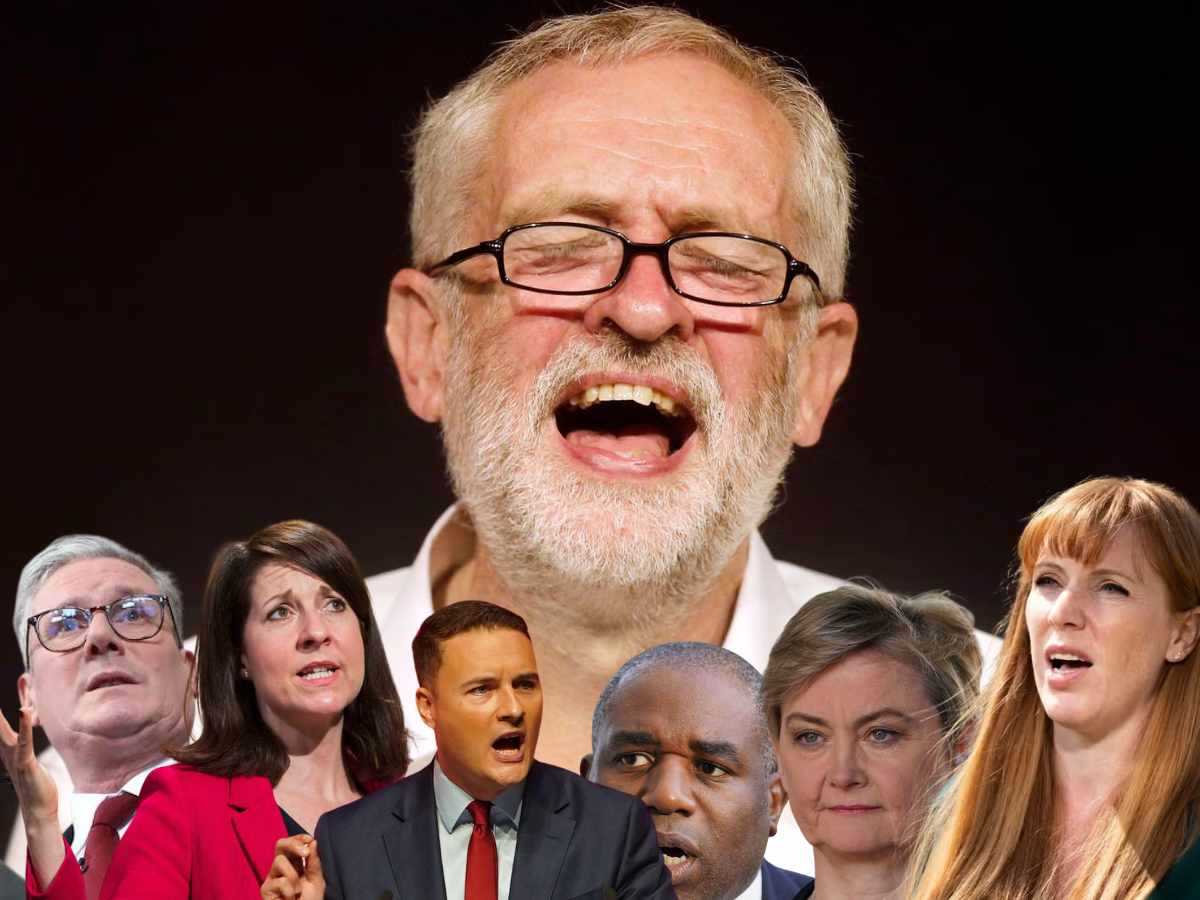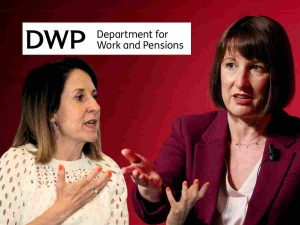No one in Britain should see the Labour Party, Keir Starmer and his top team as triumphant warriors. They’ve cynically gamed our outdated and anti-democratic electoral system, disenfranchising the left and being as insipid and soulless as they could for so long that the inevitable Tory collapse simply handed them a landslide victory by default. But the reality is, they’re less popular than they were under Jeremy Corbyn’s leadership. And the statistics prove it.
One point, among many, that we need to emphasise
This should be a bigger story than it is.
Because obviously, we should find hope in the massive independent victory of Jeremy Corbyn, despite the Labour Party’s desperate attempt to replace him with a millionaire healthcare profiteer.
And clearly, we should be shouting more than ever about how awful our electoral system is, giving Labour 63% of parliamentary seats despite it only winning 34% of the votes (“the lowest won by a post-war single party government”).
At the same time, we absolutely should be comparing Starmer’s 9,698,409 votes in 2024 to Corbyn’s 12,877,918 votes and 40% vote share of 2017 (or even Corbyn’s 10,295,912 votes in 2019, despite the brutal media smears against him and the party’s disastrous adoption of a second-referendum policy).
And we definitely ought to highlight that we just saw the second-smallest voter turnout since 1885, at 60%, showing mass disenchantment with establishment politics. Additionally, we should keep insisting that it was the Tories that lost, not Labour that won, as BBC polling expert Sir John Curtice has said.
However, we also need to throw the following statistics in the face of anyone speaking triumphantly about the victory of Starmer’s hollowed-out, right-wing Labour Party. Because these numbers matter. They tell a very important story.
The unpopularity of Starmer’s vapid cabinet
Starmer’s cabinet picks include some loathsome characters, from Wes Streeting to Rachel Reeves, Angela Rayner to David Lammy, and Peter Kyle to Liz Kendall. Then there are some lukewarm veterans like Yvette Cooper and Ed Miliband.
But they all have one thing in common – they’re less popular than they were in 2017. Many are also less popular than they were in 2019 (when most of their votes fell due to either the second-referendum pledge or by the media smears). And some are even less popular than they were in 2015. That’s a tough feat to achieve, but they’ve somehow managed it.
For good measure, we’ll also throw in the statistics for Jess Phillips (who narrowly won), Jon Ashworth (who lost to independent Shockat Adam), and parachute Luke Akehurst (who would’ve lost if Reform and the Tories had voted together).




